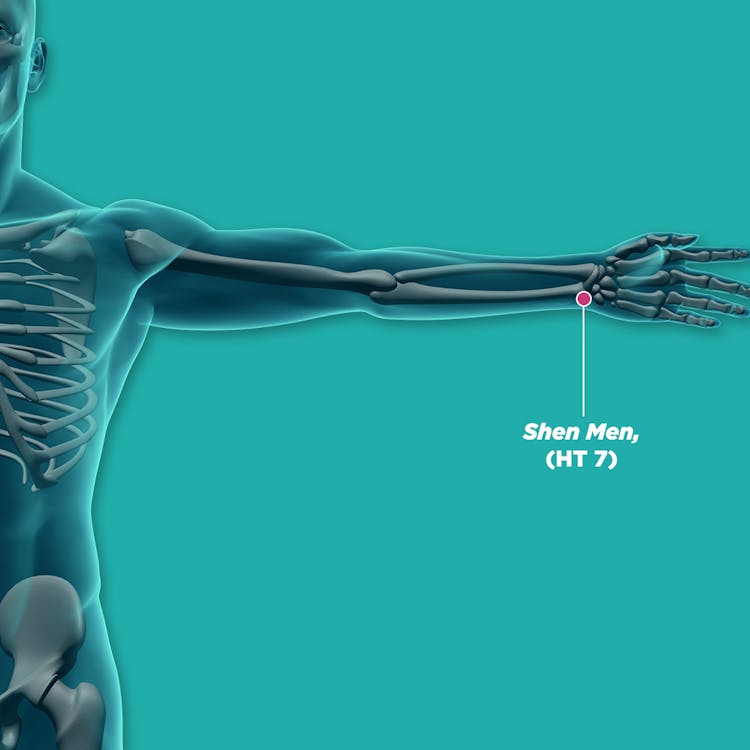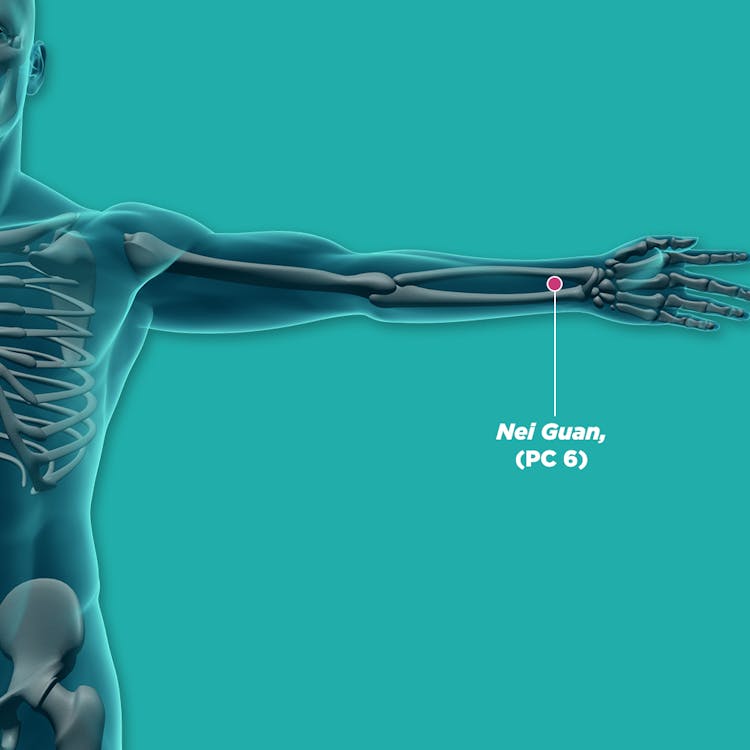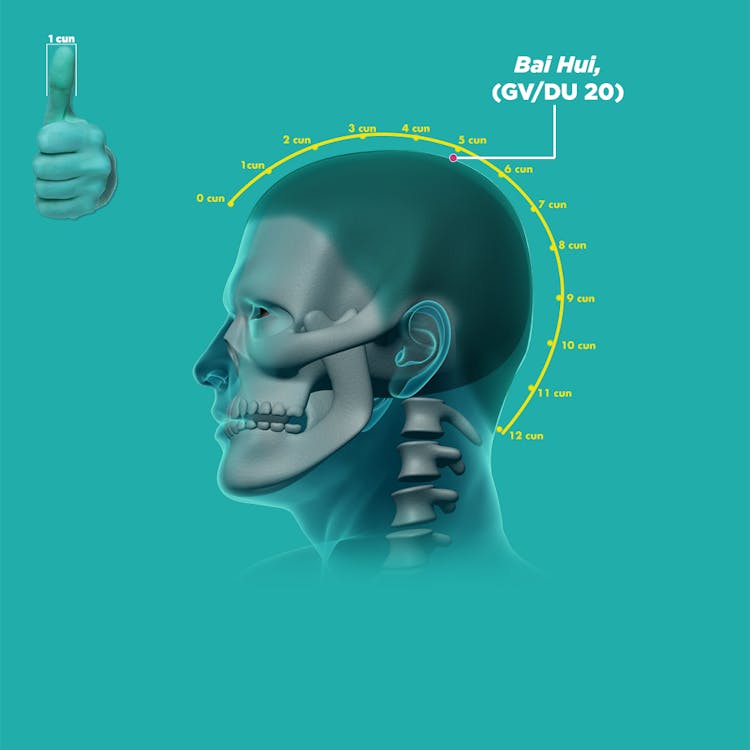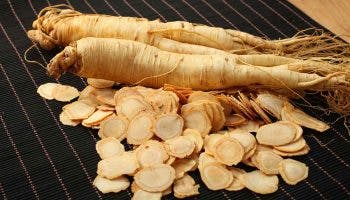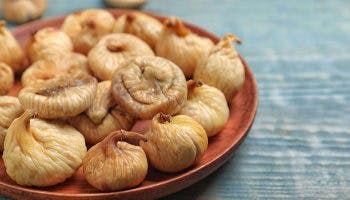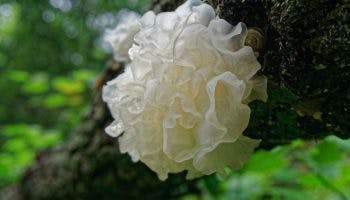Reviewed by Physician Wong Si Xuan, Physician Lee Shin Wei and Dr Jessica Gunawan
Melatonin Side Effects: How Will It Change Your Body?
Published | 6 min read
Melatonin is produced by your body and is a well-known sleep aid supplement. Learn more about melatonin's side effects to determine if it's right for you.
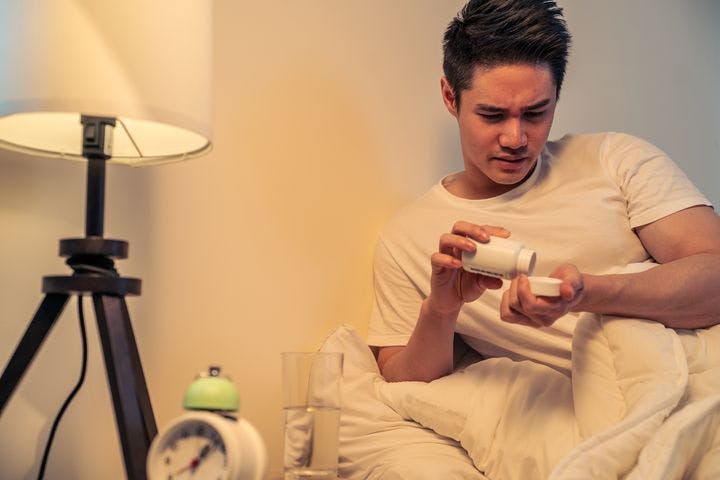
Before jumping on the melatonin bandwagon, note that it is not for everybody. Like all synthetic drugs, it can have certain effects on your body that might make you consider other natural alternatives.
We Already Produce Melatonin Naturally, So Why Supplement?
Melatonin is a hormone found in many animals and plants. In humans, melatonin is synthesised in the brain’s pineal gland. In conditions of low light, such as night-time, melatonin levels increase and signal our body to begin feeling sleepy.
In some cases, like when experiencing jet lag or transitioning into menopause, your body’s internal clock goes out of sync. When this happens, melatonin production may be interrupted, making it hard for you to fall asleep. In these instances, a medical practitioner may prescribe exogenous or synthetic melatonin for the short term.
Beware of Melatonin Side Effects
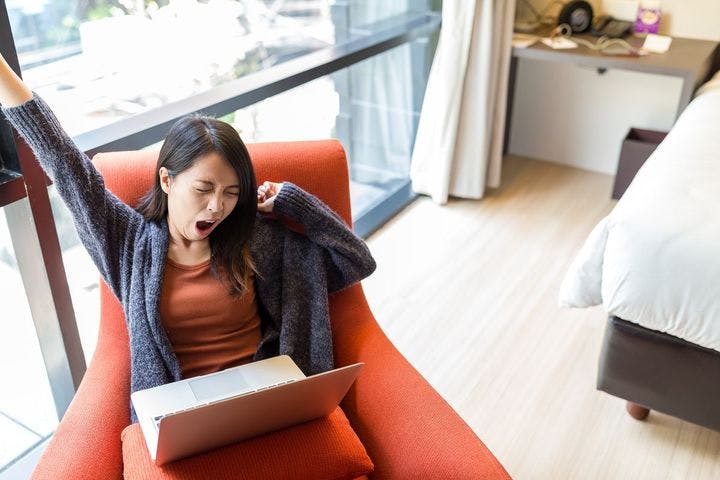
Melatonin crosses the blood-brain barrier, which means it interacts directly and relatively quickly with your body. Labelling inconsistencies
Let’s look into the side effects of melatonin supplements.
Daytime sleepiness and grogginess
One of the most common complaints of exogenous melatonin is that it can make you tired even during the day. Some users find that while melatonin helps them fall asleep, they may not necessarily wake up energised. Feeling groggy is an indication that you may have overdosed.
Headaches and dizziness
Having a headache or dizzy spells is another side effect of melatonin supplementation. These side effects can get in the way of normal living. Dizziness can be an added risk, especially if your occupation involves driving or using machinery.
Vivid dreams or nightmares
Another possible side effect of melatonin usage is dreams that make you even more tired. While you may get seven or more hours of sleep with melatonin, it may not necessarily be quality sleep.
Agitation and increased bedwetting in children
Melatonin supplementation in children can make them more restless. Those who fall asleep too deeply may end up wetting their beds. Take caution before giving melatonin to your child. Doctors generally recommend behavioural and other interventions first.
Hypermelatoninemia
Taking too much melatonin can result in a condition called hypermelatoninemia. This is when your peak night-time melatonin levels are higher than normal. Hypermelatoninemia has been associated with serious conditions like anorexia nervosa, hypogonadism and polycystic ovarian syndrome (PCOS).
Contraindications for Melatonin
Melatonin supplements aren’t recommended for pregnant or breastfeeding women as there aren’t enough studies to confirm their safety. One study also indicated that it could compromise sperm quality in men by decreasing sperm count and motility.
Melatonin is contraindicated for individuals with
Natural Alternatives to Melatonin
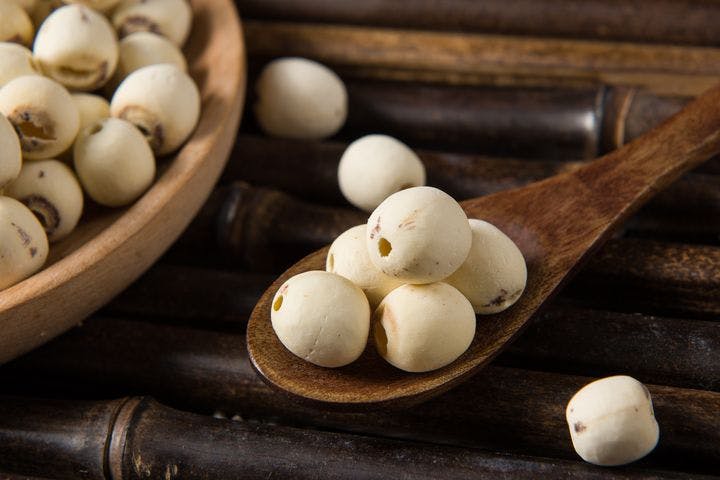
Traditional Chinese Medicine (TCM) recognises the presence of melatonin in nature. Research revealed that melatonin is readily available in many TCM herbs at varying concentrations.
According to TCM physician
Excess syndromes and symptoms
- Pathogenic Fire derived from Liver Stagnation: Impatient, depressed, and anxious.
- Phlegm-Heat disturbance: Dizziness, heart palpitations, and heavy limbs.
Deficiency syndromes and symptoms
- Fire derived from Yin (cold) Deficiency: Staying up late, feeling restless before bed, suffering from insomnia, feverish limbs and heart, and red tongue.
- Heart and Spleen Deficiency: Experiencing a lot of dreams, light sleep, heart palpitations, and forgetfulness.
- Timidness from Heart Deficiency: Being a light sleeper, getting easily scared.
Herbs and acupuncture
Many TCM herbs and formulations can help with sleep issues.
Many non-caffeinated herbal teas are also a good choice. Rooibos tea is a calming beverage that you can drink before bedtime. Research has shown that it is effective in lowering levels of the stress hormone cortisol. Rooibos also contains magnesium, an important mineral that helps reduce insomnia in older adults.
In addition to herbal medicine, acupuncture is another TCM modality that has effectively improved
Some acupoints that can be massaged to encourage sleep and relaxation are shen men (HT7 神门), nei guan (PC6, 內关), bai hui (DUGV20, 百会), and an mian (EX-HN16, 安眠).
Lifestyle considerations
Physician Lee also reminds us of lifestyle habits that can help promote good sleep. “Get enough exercise during the day so that you expend any extra energy. Avoid stressing yourself out so that you won’t delay your sleeping time and affect your sleep quality. Also, you will feel restless if your stomach is feeling unwell. Resolve any gastrointestinal problems as soon as possible so that they will not affect your sleep,” she advises.
Like all synthetic compounds and drugs, taking exogenous melatonin will have side effects. While it may work well for some people, the side effects might not be worth it for you. Consider other natural alternatives that help promote quality sleep that leaves you rested and relaxed.
References
- Nature and Science of Sleep. 2021. Prevalence of Insufficient Sleep and Its Associated Factors Among Working Adults in Malaysia. [online] Available at: <https://www.ncbi.nlm.nih.gov/pmc/articles/PMC8286118/> [Accessed on 20 September 2022]
- Cleveland Clinic. 2022. Melatonin. [online] Available at: <https://my.clevelandclinic.org/health/articles/23411-melatonin> [Accessed on 20 September 2022]
- EndocrinologyAdvisor.com. 2019. Melatonin: Range of Effects and Therapeutic Applications. [online] Available at: <https://www.endocrinologyadvisor.com/home/topics/general-endocrinology/melatonin-range-of-effects-and-therapeutic-applications/2/> [Accessed on 20 September 2022]
- SleepFoundation.org. 2022. Melatonin Side Effects. [online] Available at: <https://www.sleepfoundation.org/melatonin/melatonin-side-effects> [Accessed on 20 September 2022]
- SleepFoundation.org 2022. Melatonin Dosage: How Much Melatonin Should You Take. [online] Available at: <https://www.sleepfoundation.org/melatonin/melatonin-dosage-how-much-should-you-take> [Accessed on 20 September 2022]
- Multi-Disciplinary Publishing Institute (MDPI) – Cells. 2019. Melatonin in Medicinal and Food Plants: Occurrence, Bioavailability, and Health Potential for Humans. [online] Available at: <https://www.ncbi.nlm.nih.gov/pmc/articles/PMC6678868/> [Accessed on 20 September 2022]
- Sleep Science. 2017. Sleep, Melatonin, and the Menopausal Transition: What Are the Links? [online] Available at: <https://www.ncbi.nlm.nih.gov/pmc/articles/PMC5611767/> [Accessed on 20 September 2022]
- SleepFoundation.org. 2022. Natural Sleep Aids. [online] Available at: <https://www.sleepfoundation.org/sleep-aids/natural-sleep-aids> [Accessed on 20 September 2022]
- Journal of Ethnopharmacology. 2021. Nelumbo nucifera promotes non-rapid eye movement sleep by regulating GABAergic receptors in rat model. [online] Available at: <https://www.sciencedirect.com/science/article/pii/S0378874120333973> [Accessed on 20 September 2022]
- Cancer Association of South Africa. 2015. Fact Sheet on Rooibos Tea. [online] Available at: <https://www.researchgate.net/publication/273090980_Fact_Sheet_on_Rooibos_Tea> [Accessed on 20 September 2022]
- Journal of Trace Elements in Medicine and Biology. 2020. Assessment of the nutritional value of various tea infusions in terms of the macro- and trace elements content. [online] Available at: <https://www.sciencedirect.com/science/article/pii/S0946672X19302159?via%3Dihub> [Accessed on 20 September 2022]
- Evidence-Based Complementary and Alternative Medicine. 2013. Efficacy of Acupuncture for Primary Insomnia: A Randomized Controlled Clinical Trial. [online] Available at: <https://www.hindawi.com/journals/ecam/2013/163850/> [Accessed on 20 September 2022]
Share this article on

